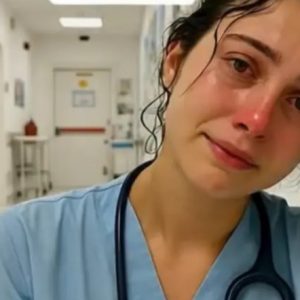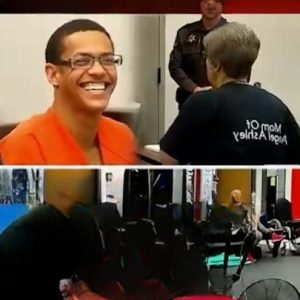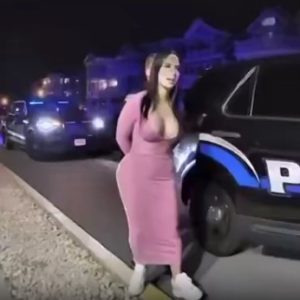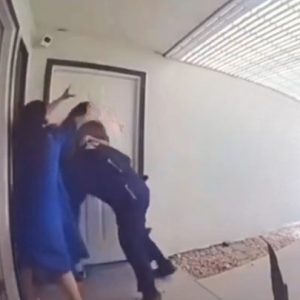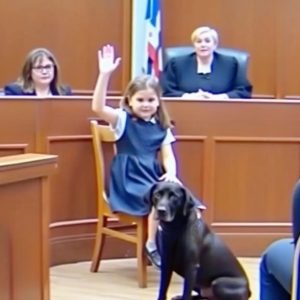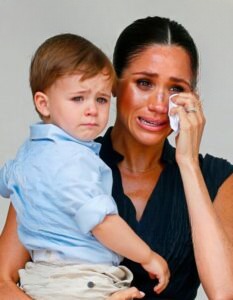The golden city streets seemed a world away from the heartbreak waiting just around the corner. Clara Whitmore, a wealthy philanthropist, was walking hand in hand with her six-year-old son Andrew after a charity gala when he suddenly froze. His wide eyes locked on a barefoot boy holding a cardboard sign that read simply: “Food.”
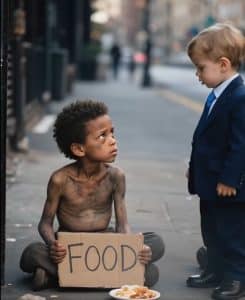
“That’s my brother,” Andrew whispered.
Clara was stunned. Andrew had no siblings—or so she thought. But as Andrew knelt beside the boy, calling him “Malik,” memories tumbled out: how Malik used to feed him and comfort him in the orphanage before Andrew was adopted.
Clara felt her carefully built world crack. Five years earlier, she and her husband had adopted Andrew, unaware he’d been separated from another child who cared for him like family. Malik had been left behind—deemed “unfit” for adoption due to health issues, then forgotten.
Haunted by the encounter, Clara launched a search. Within days, records confirmed the unimaginable: Andrew and Malik had come from the same orphanage. Malik’s name had once been next to Andrew’s—until a single red line erased him from the adoption.
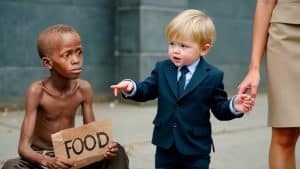
The next morning, Clara returned to find Malik still there. With tears in her eyes, she told him, “I want to take you home.”
And she did. Legal hurdles, DNA tests, paperwork—Clara moved heaven and earth. Andrew and Malik, brothers in every way that mattered, were finally reunited.
In the months that followed, Malik began school, therapy, and a new life. On his ninth birthday, Clara gave him a framed copy of the cardboard sign that once asked for food, now bearing the words: “You asked for food. You gave love. And now you both have everything.”

Two brothers. One family. A bond that never broke.
